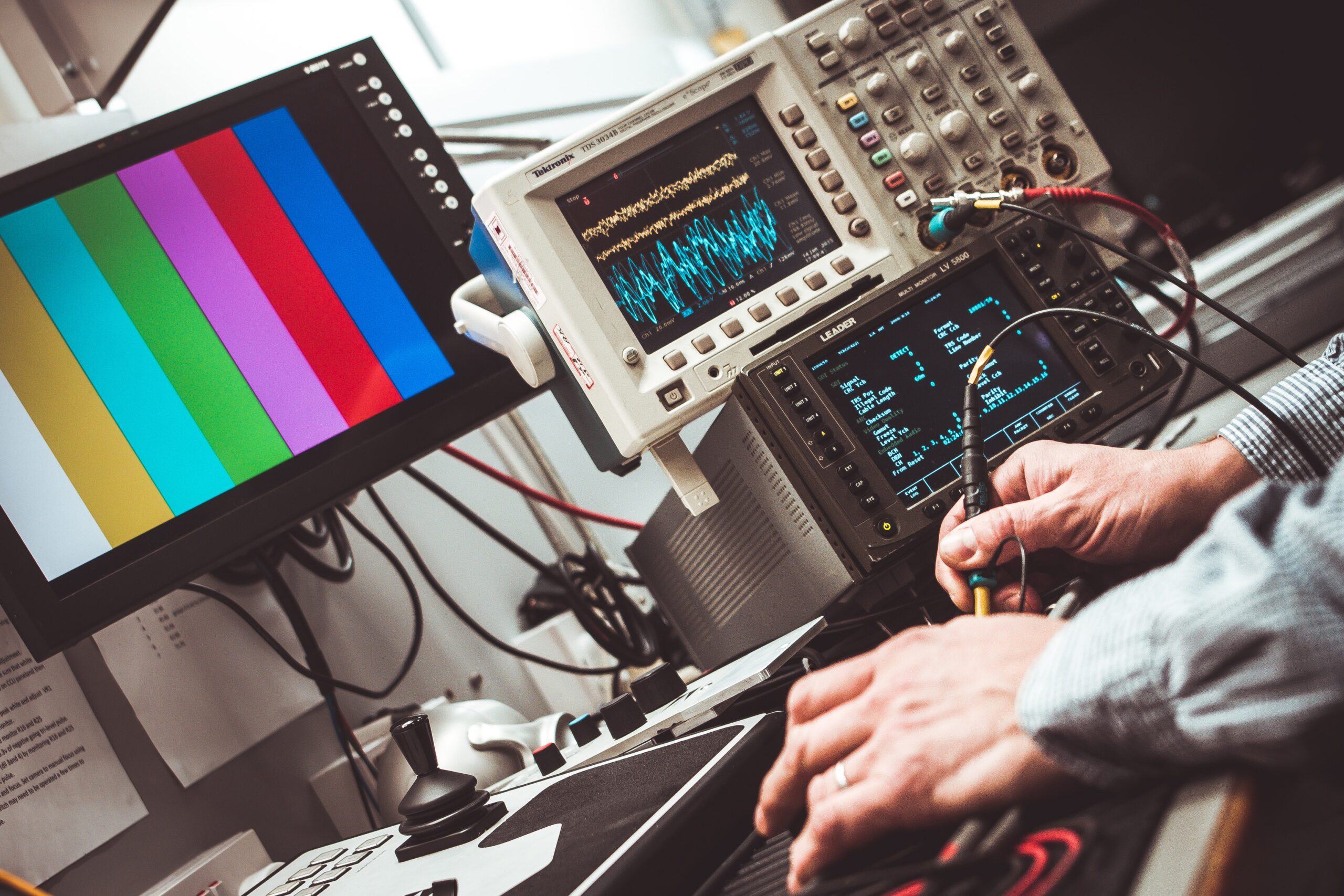
Equipment Loan
Commercial equipment loans are obtained directly from banks or other financial institutions. Each institution can set its own standards for loan qualifications. Lenders will still require significant documentation about business operations, tax returns, and intended use of funds. These loans are available to businesses with a minimum of $10,000 of monthly revenue. Additionally, business owners with credit scores of 600 or higher can also qualify.
Equipment loans can be obtained for loans of up to $5 million dollars. The loan terms are usually 2-5 years depending on the size and purpose of the loan. Shorter repayment periods will have lower interest rates. One of the main benefits of an equipment loan is that it can be funded within 2-5 business days. Once you’ve decided to make an equipment purchase, you can access the funds within a week. The loans secure using the equipment as collateral, and if you can’t make the payments, the lender may repossess the equipment.
Equipment Lease
Equipment leases resemble loans. The key difference between the two types of financing is the ownership of the equipment. With an equipment loan, you become the owner of the equipment at the end of the loan term. In contrast, with an equipment lease, you have the option to purchase the equipment at its fair market value when the lease term concludes. The fair market value at the end of the lease is determined by the equipment’s useful life, wear and tear, and availability of newer models.
Equipment leases are available for equipment of up to $5 million. However, since you do not own the equipment, if you can no longer make the payments, the financing company, which is the owner, may repossess it. Lease payments are generally lower than loan payments because the financing company retains the right to the equipment at the end of the financing term.




